Income from free-range delivers improved livelihood change
After receiving the Native Chicken Production Project from the Department of Agriculture – Special Area for Agricultural Development (DA-SAAD) Western Visayas, the Tapian Farmers Association in Batad, Iloilo, initially earned Php 29,415 from the sale of native chickens and eggs.
The project, worth Php 368,214.73 was distributed sequentially with four pieces (pcs) of water drums and four sets of feeding waterer on May 26, followed by 230 native chickens, six sets of drugs and biologics, and feeds two months later on July 28 as support inputs. The native chicken housing was later built on August 29, 2023, in the group’s 0.5-hectare communal poultry farm.
The fence around their area was built through a dagyaw (community-shared effort) where members contributed financially and with labor in four Saturdays throughout June. The group also solicited 20 pcs. of bitlag (bamboo split) and one poste (bamboo post) from each member, partnered with in-kind donations in the form of materials.
After almost four months of rearing chickens, the group then started selling liveweight at prices ranging from Php 210-240, which brought in Php 18,576; while the eggs sold at Php 7-10/pc provided them Php 10,839 income. Despite facing challenges such as the loss of 35 chickens due to poultry disease and unpredictable weather conditions, the group remains committed to their poultry venture. They even made an investment in a 60-sitter egg incubator purchased from a local supplier at a cost of Php 3,000, which they paid for in installments.
Woman Farmer Leader
Also attesting to the positive impact of the livelihood program is BAFA President Ms. Julie Villaflores, who leads her association with humility. She remains continually engaged in the group’s farming activities to stir member’s participation.
Yet, managing a group becomes challenging as time passes. There are a few who resigned when the group required each one to work and devote their time to participating in their field activities, but this did not hamper them to continue with their implementation.
Seeing that the incubator they first purchased brings convenience and guarantee a higher hatching rate, Villaflores initiated buying an additional unit with 30-sitter capacity.
She continued on with the plan – believing that investing for another unit would maximize their productivity and optimize the hatching rates of the eggs. Her bold move reaped positive results as 147 eggs were hatched from the 200 eggs incubated in their unit investment from October 10 to November 20.
They were also able to build their own brooder pen with incurred expenses of Php 6,610 used in the construction of the cages and other items such as lights and wiring, feeder and waterer, old magazine, and chicken booster feeds.
While the program continues working for its cause in uplifting the lives of its beneficiaries it has also molded characters of goodwill amongst its recipients. Depending solely on their income from farm labor, and rice and corn farming as their main livelihood prior to the SAAD project, they showed appreciation to the several improvements in their lives brought by the project.
“Ginakabig guid namon nga dako nga bulig kag pribilihiyo ang nag-abot sa amon nga proyekto, indi siling nga puro lang responsibilidad. Although, kung imo tan-awon, may kaakibat ini nga responsibilidad. Bilang naga umpisa pa lang kami, indi pa kami kabalo paano magpalakad sang isa ka asosasyon. Pag-abot na sang native chicken nga proyekto, didto lang kami nagkaroon sang kahigayunan nga mapasanyog pa namon ang amon kinaadman sa pagsagud sang sini nga klase sang manok,” said Marlon Ganadores, TAFA Auditor.
[We consider the project both as an aid and a privilege, not a responsibility. Though if you look at it, it also entails a fair share of responsibility. Since we are just starting, we still lack knowledge on how to properly manage an association. When the native chicken project was finally delivered to us, that’s when we realized that we are given an opportunity where we can enhance our knowledge on native chicken raising.]
As of the moment, the group plans to breed chicken, raise capital, and use their existing net income as their circulating fund. In the long run, they want to sell dressed chicken and penetrate the markets of neighboring municipalities such that of San Dionisio, Estancia, and Batad. ###
Writer: Cedie C. Bataga, DA-SAAD Western Visayas Information Officer


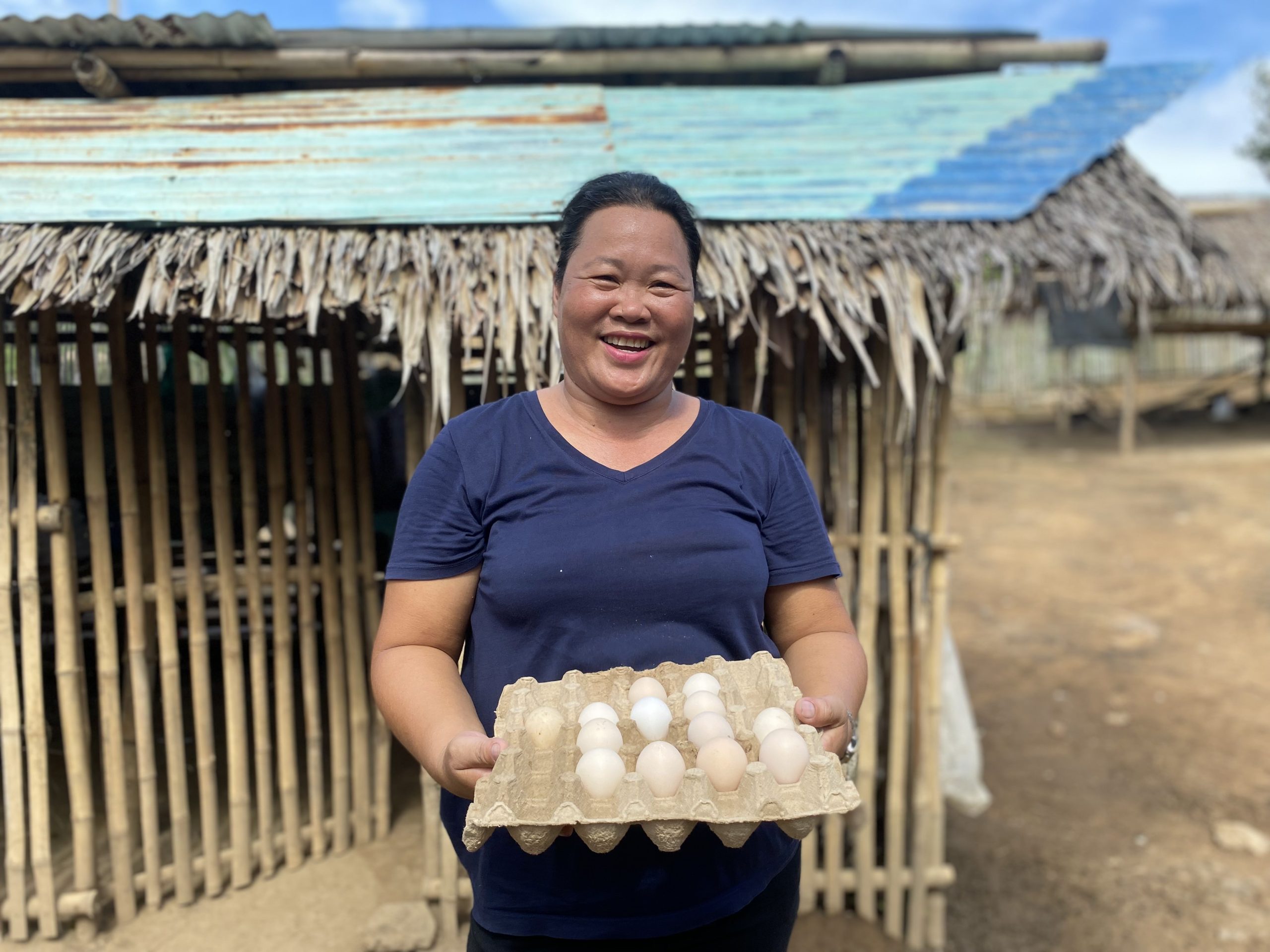
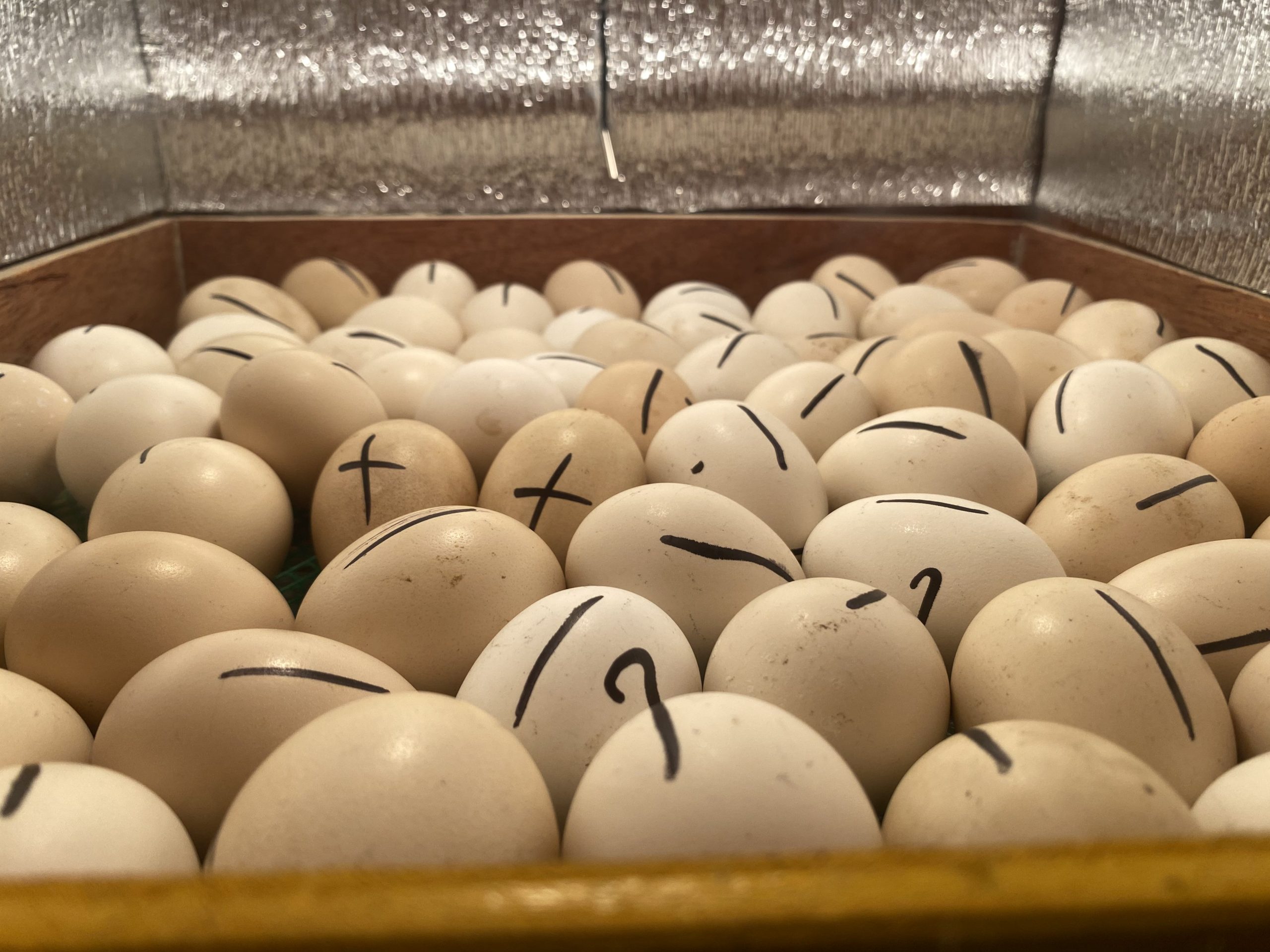
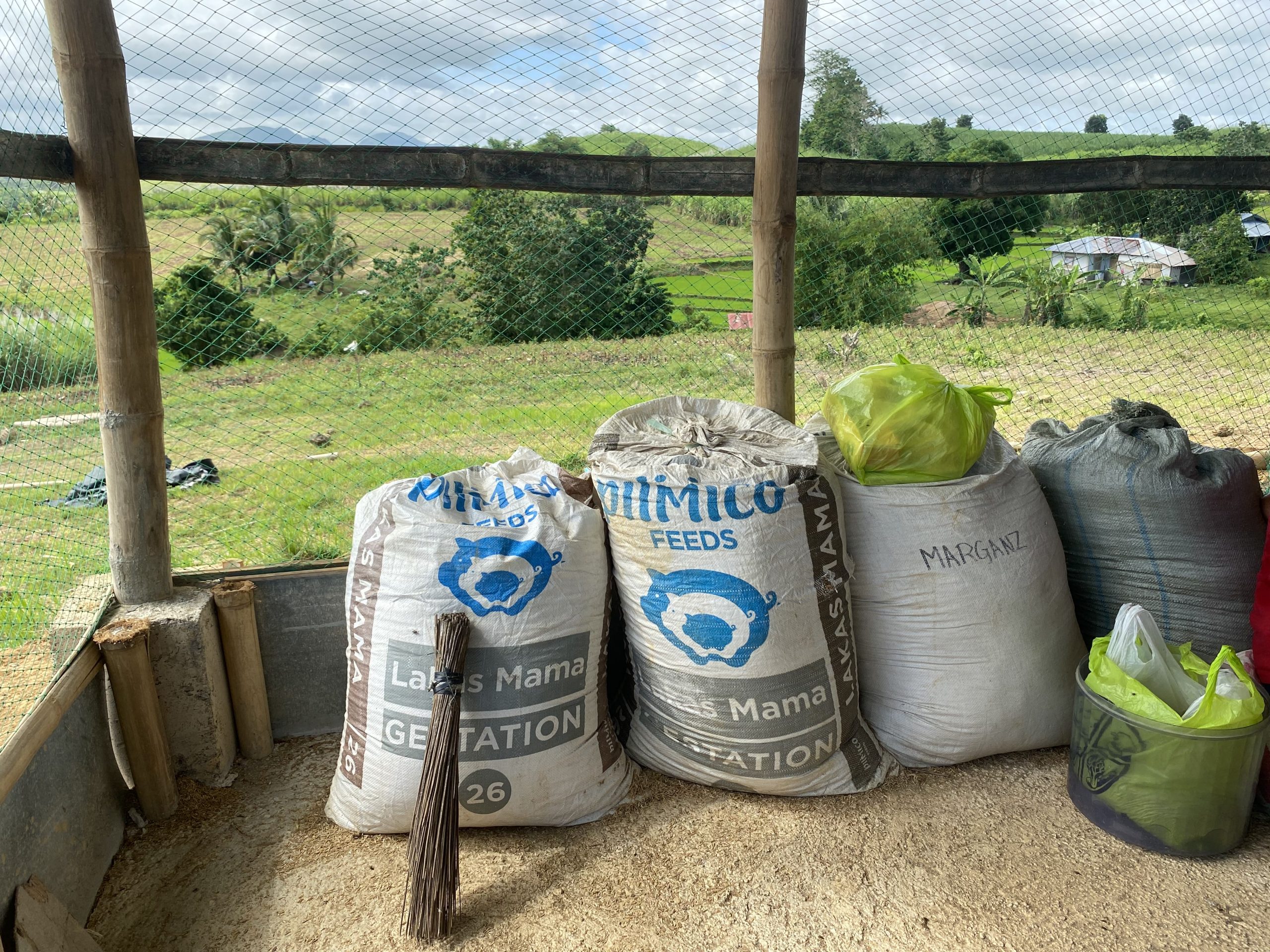
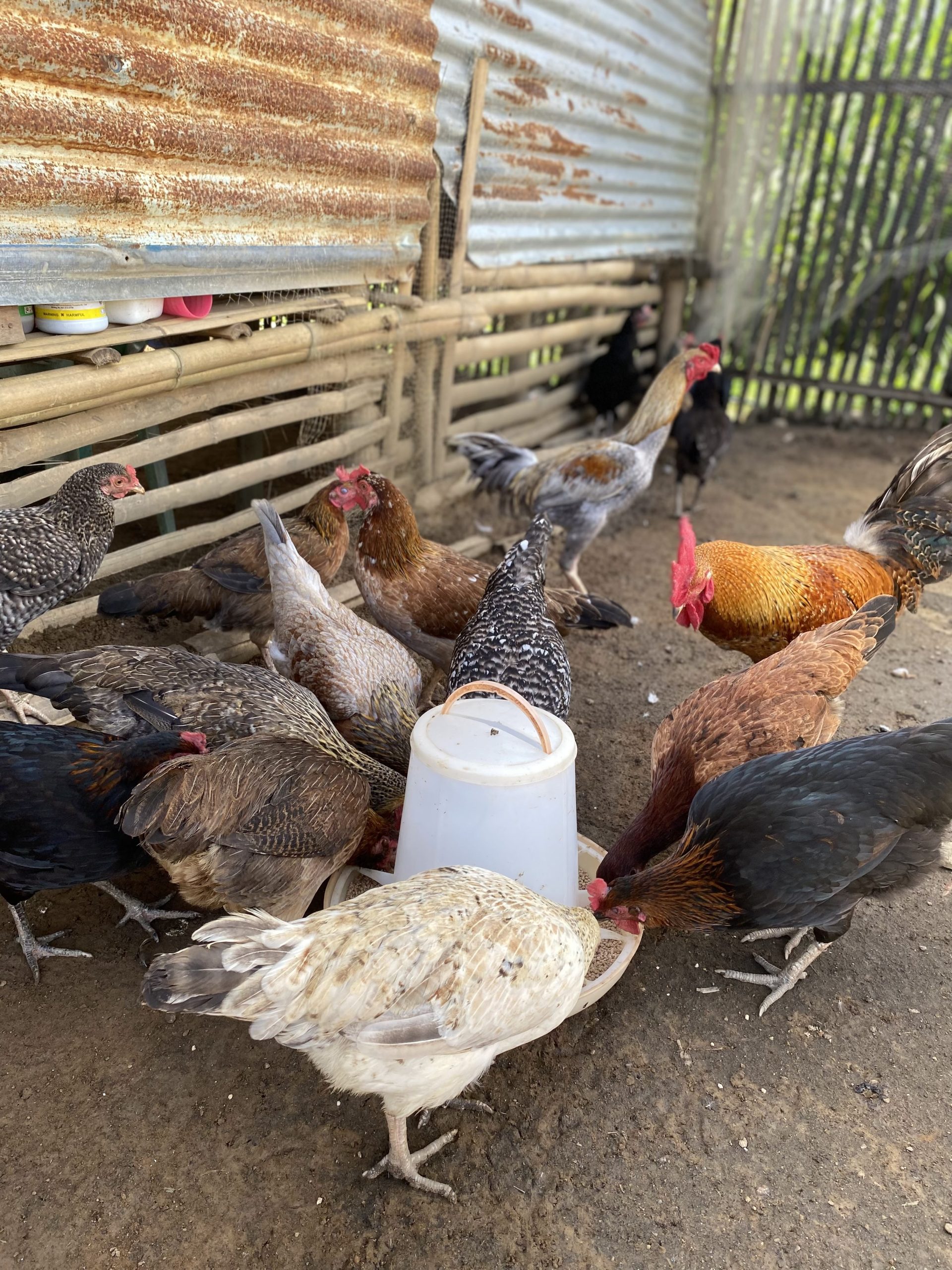
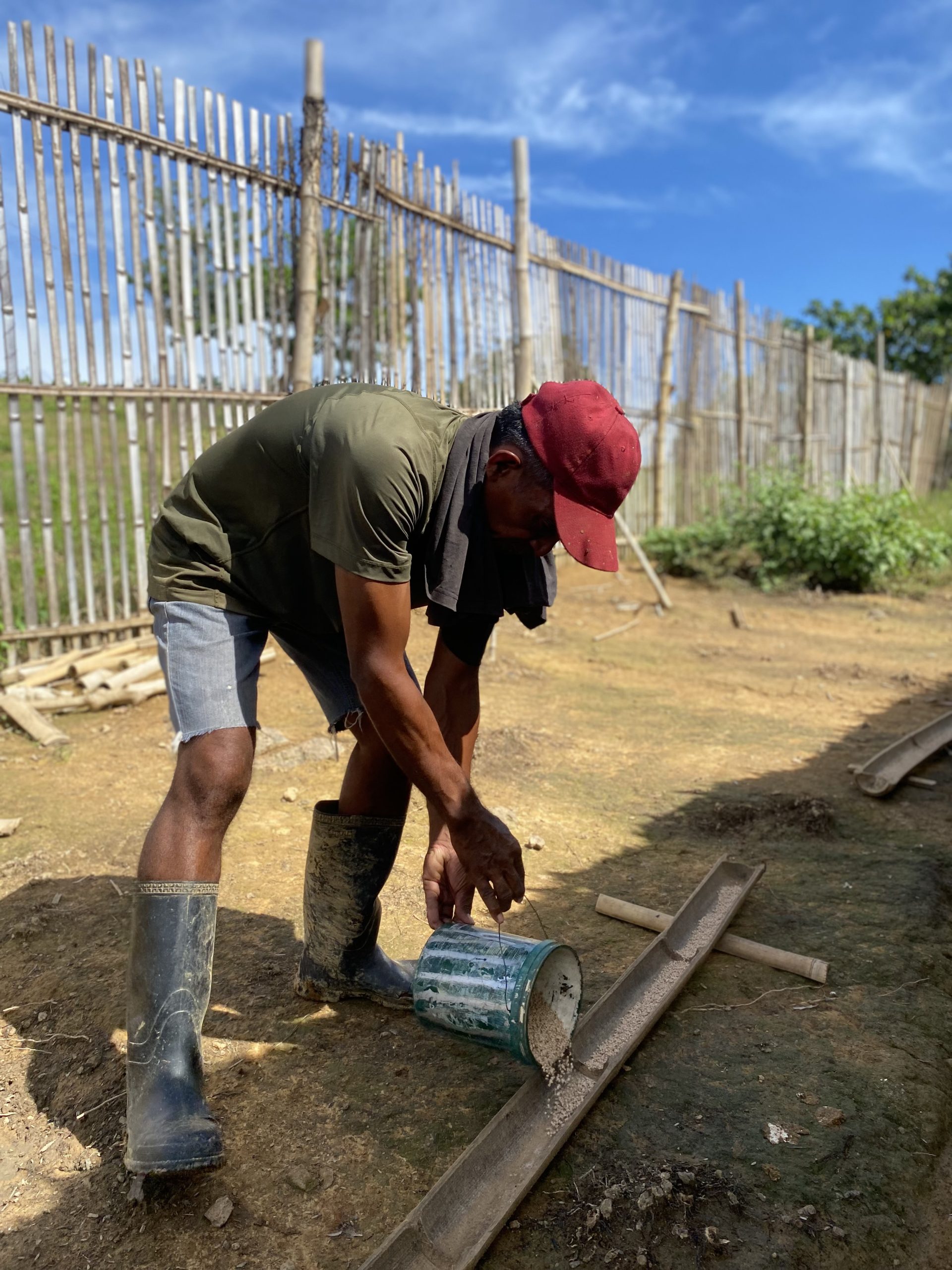
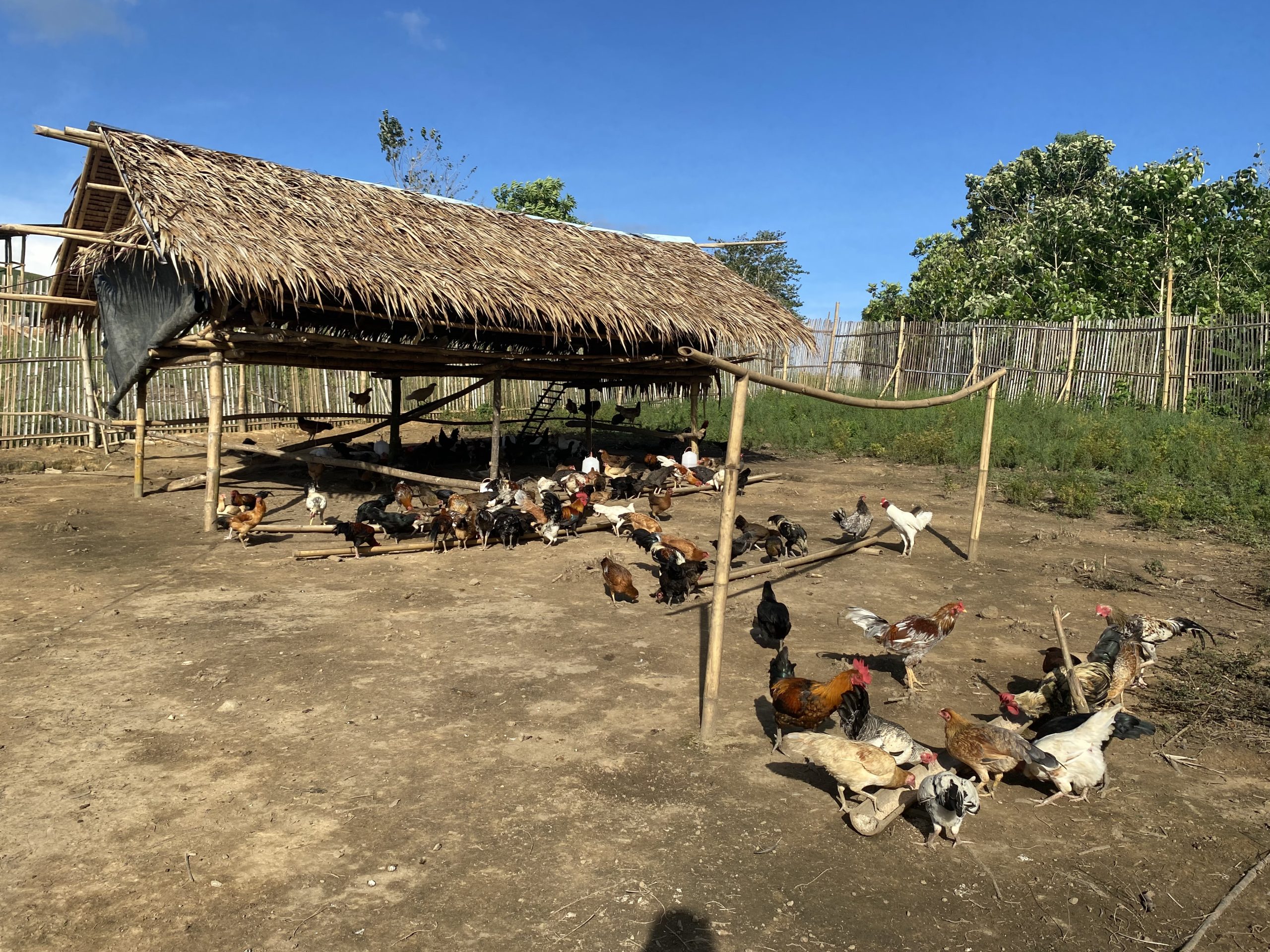
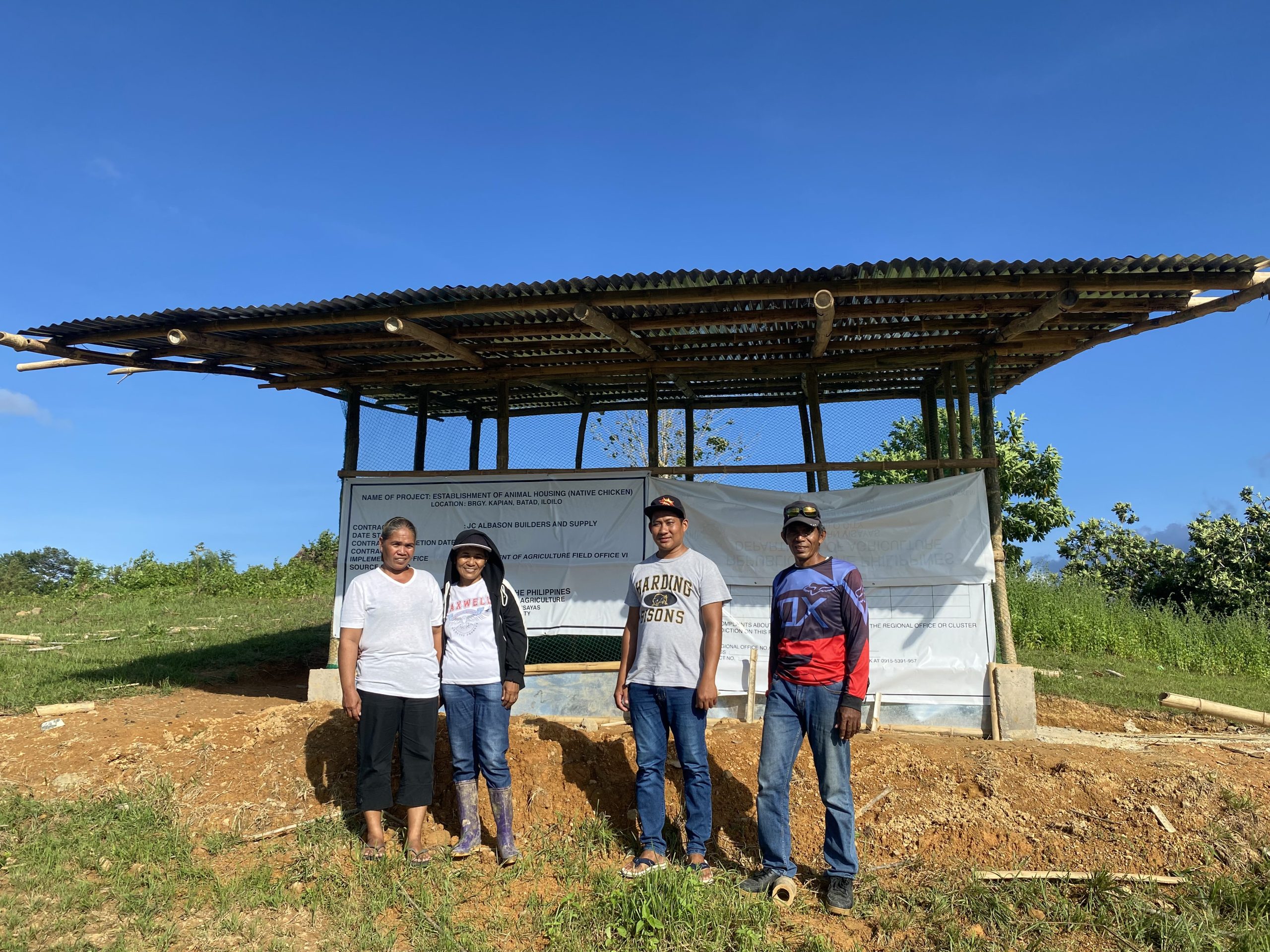
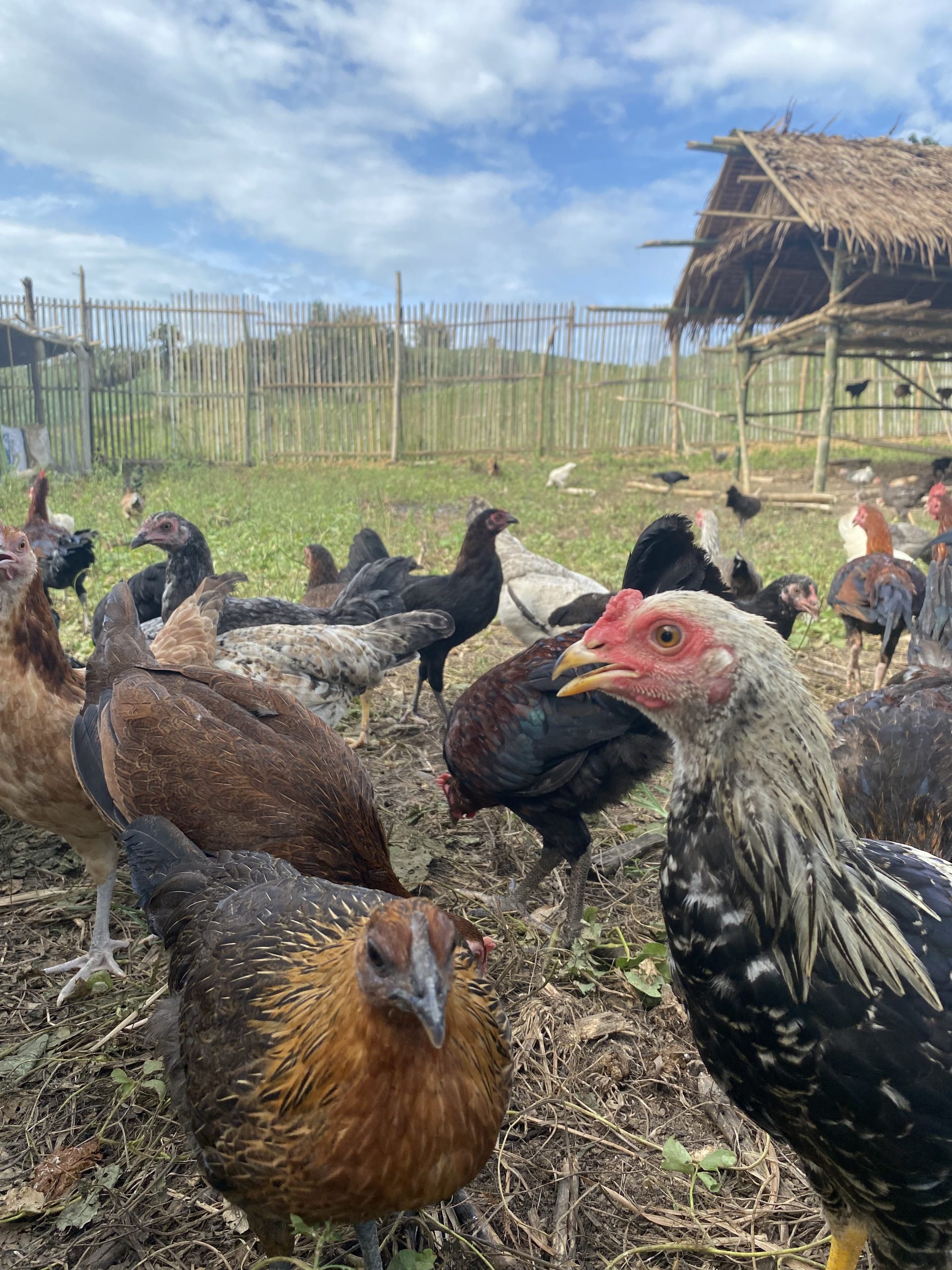
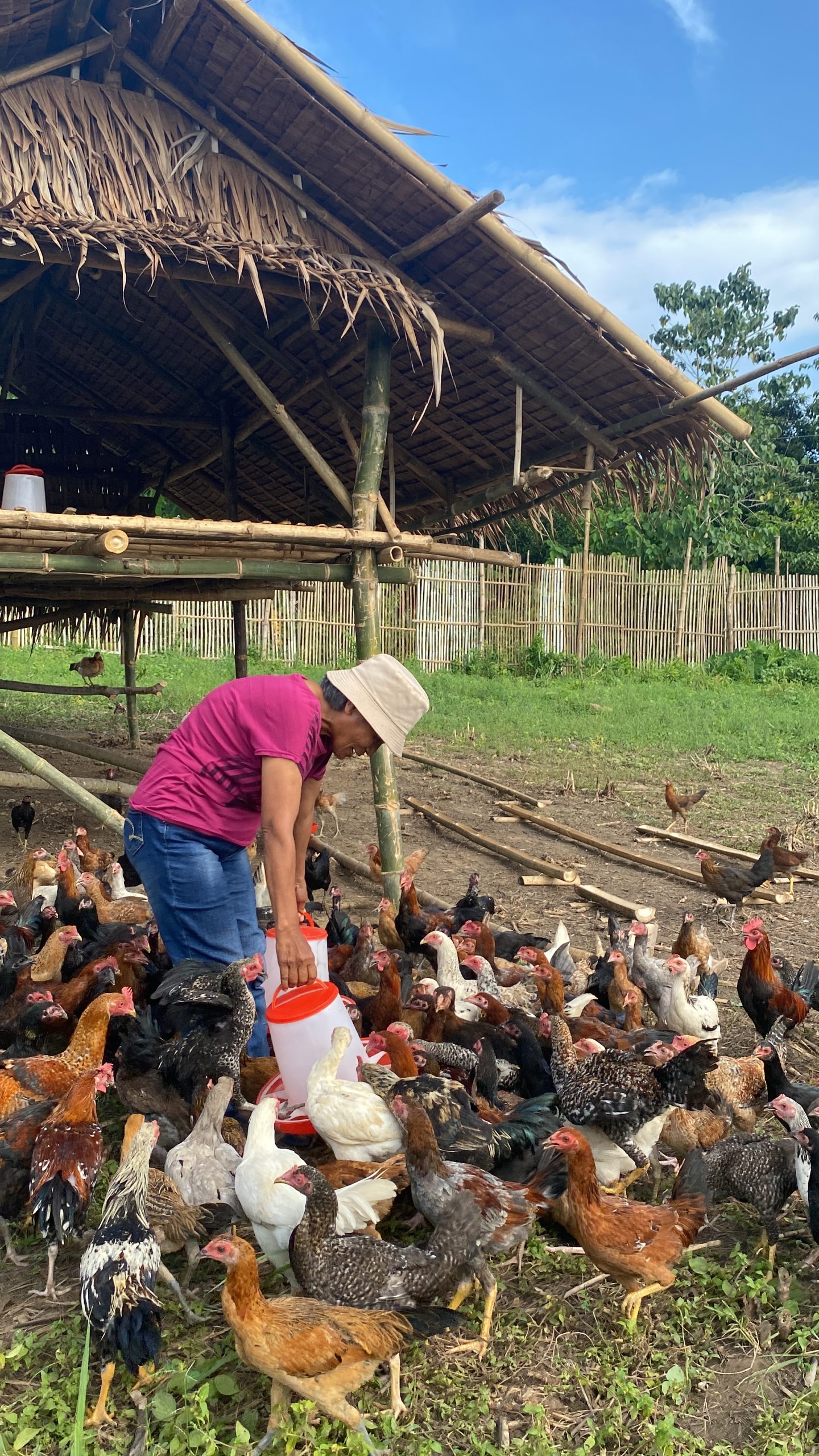
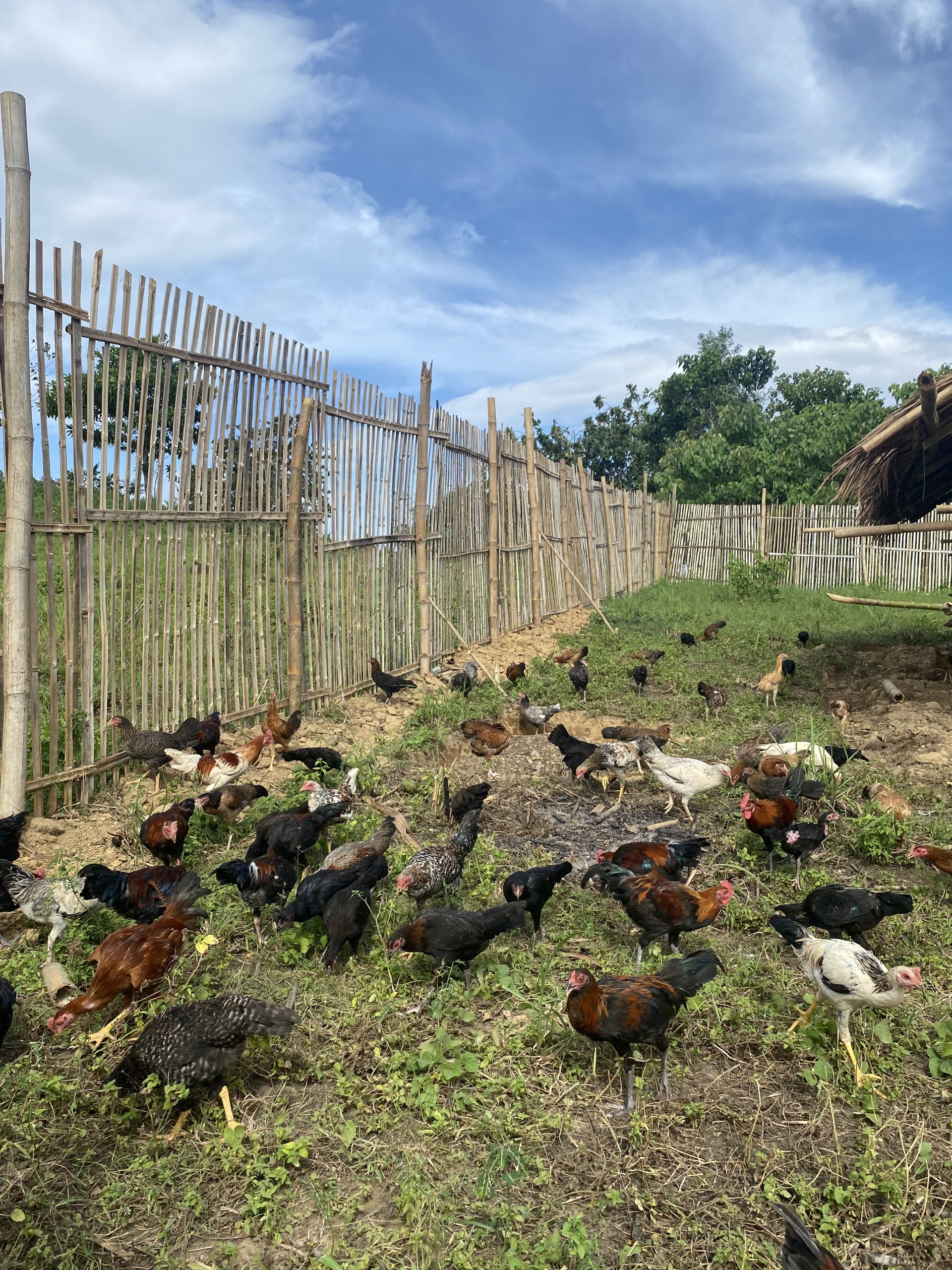
Comments (0)